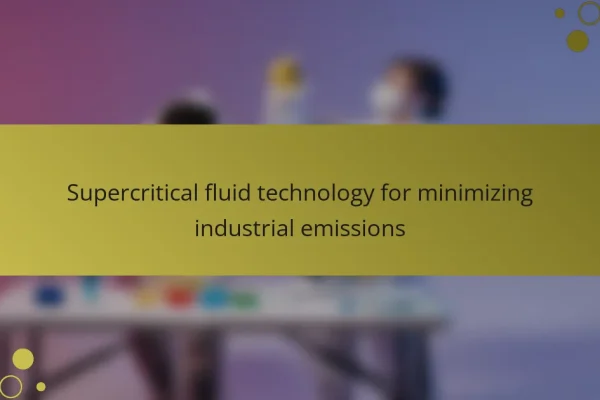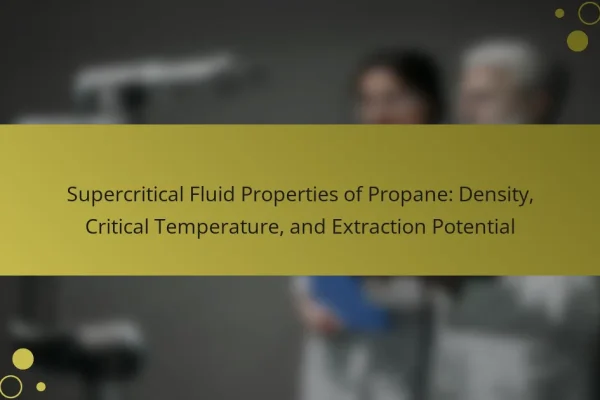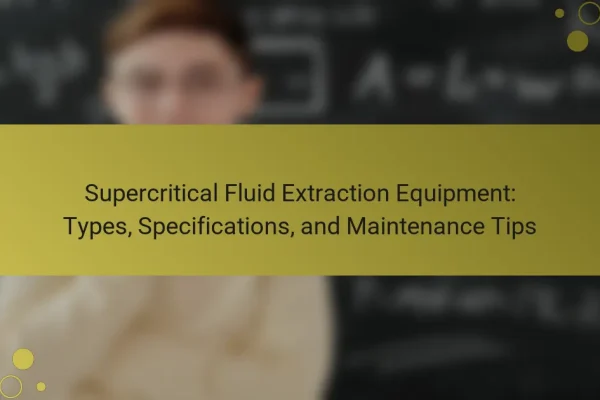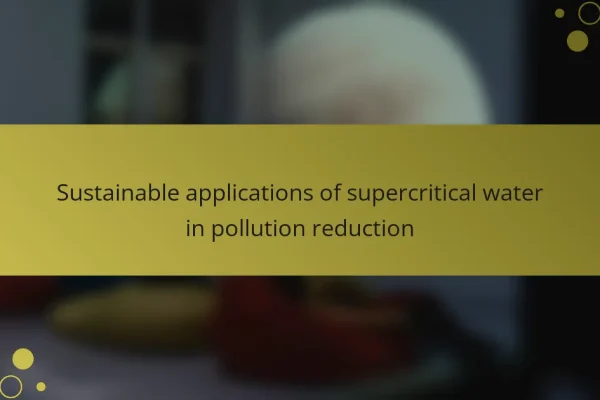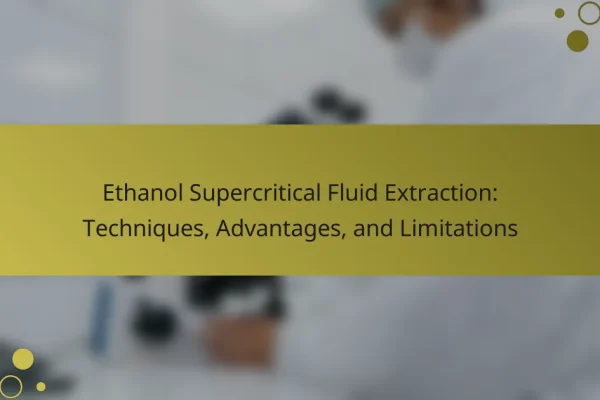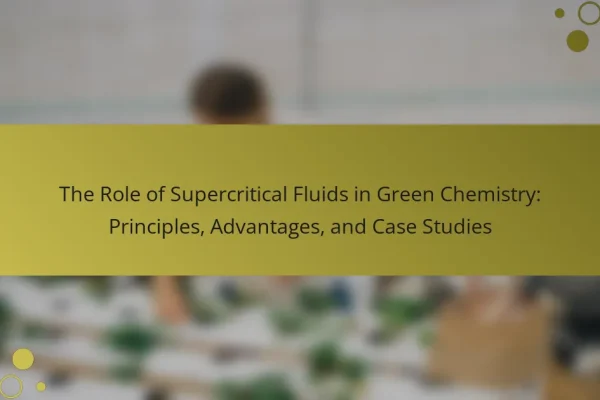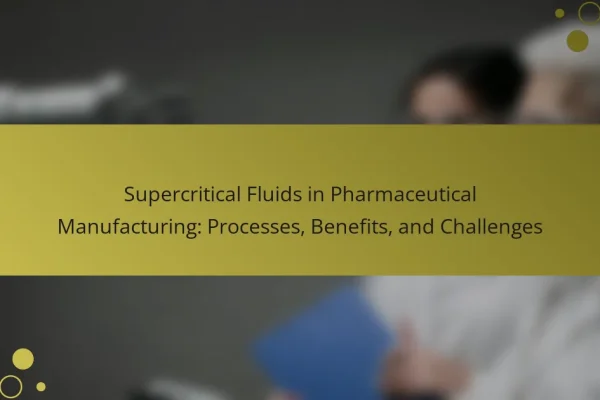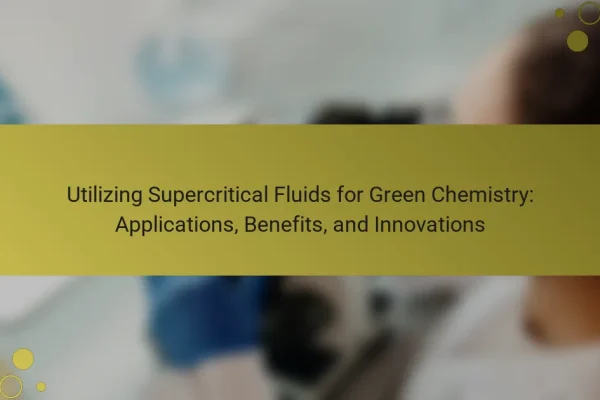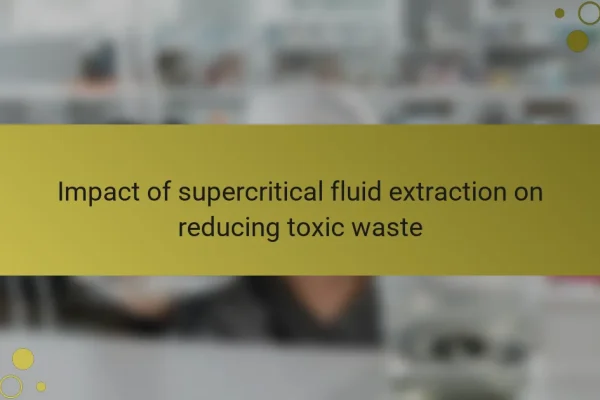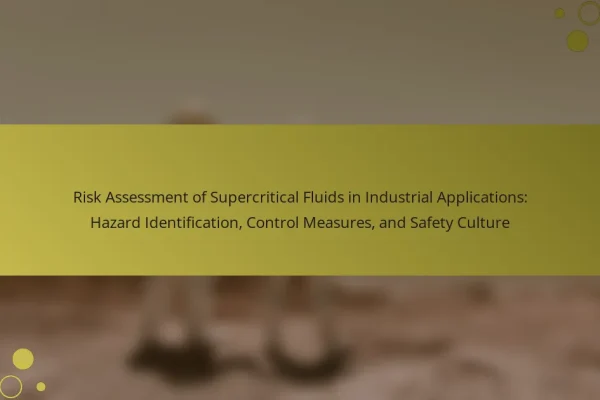
Risk Assessment of Supercritical Fluids in Industrial Applications: Hazard Identification, Control Measures, and Safety Culture
Risk assessment of supercritical fluids in industrial applications focuses on identifying potential hazards and evaluating associated risks. Supercritical fluids, which operate under high pressure and temperature, can lead to safety challenges such as equipment failure or accidents. The assessment process includes hazard identification, risk analysis, and the implementation of control measures, which encompass engineering solutions,…
